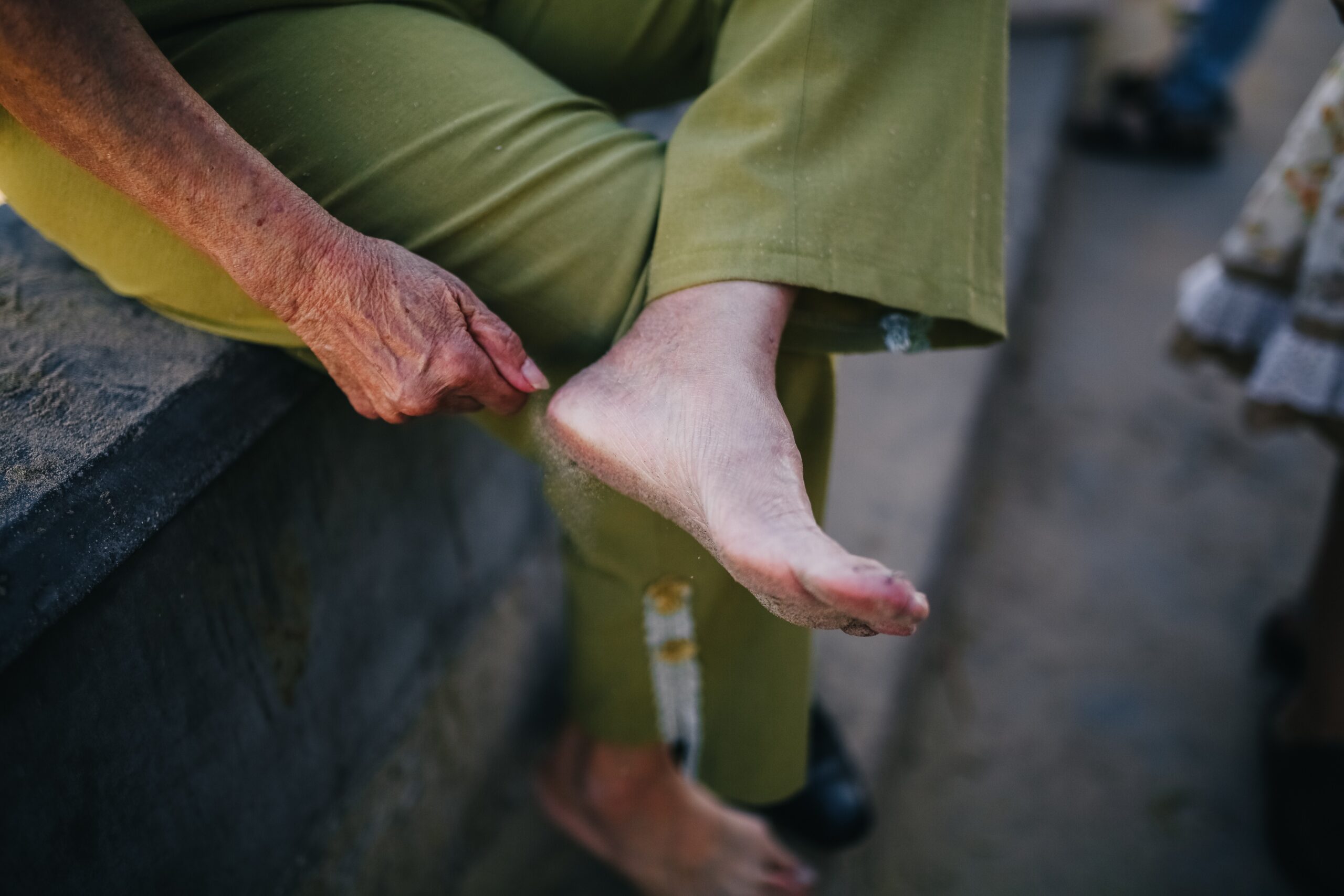Chicago Mobile Foot Care Limited
We can help you! For your first evaluation and resolution to your concerns please visit us at any of our 3 Chicago land locations. We speak English, Spanish, Polish and Russian.

Foot Care for Diabetics
Foot Care for Diabetics
Podiatrists at European Foot & Ankle Clinic can treat most diabetic foot problems. Capable and compassionate podiatric medical teams clean, medicate and dress foot wounds and ulcers.
Diabetics are prone to poor circulation, have a weakened immune system and impaired nerve function in their feet. Due to poor circulation or lack of sensation after poor circulation, diabetic feet are more susceptible to developing sores, and non-healing wounds which may lead to ulcers. Caring for your feet is a crucial part of diabetic care and can even determine the rest of your health. Uncontrolled diabetes can lead to serious foot complications, and even minor issues can escalate quickly.
Some foot care tips for diabetics:
- Inspect Your Feet Daily: Check your feet thoroughly every day for any signs of redness, swelling, blisters, cuts, sores, or any other abnormalities. Use a mirror if necessary or ask someone to help you if you have trouble seeing your feet.
- Wash and Dry: Wash your feet daily with lukewarm water and mild soap. Make sure to dry them completely, especially between your toes, as moisture can lead to fungal infections.
- Moisturize: Apply a moisturizer to your feet, excluding the areas between your toes. Keeping your skin hydrated helps prevent dryness and cracking.
- Trim Nails Carefully: Trim your toenails straight across and avoid cutting them too short. This helps prevent ingrown toenails, which can lead to infections.
- Proper Footwear: Choose comfortable shoes that fit well and provide adequate support. Make sure there are no pressure points or areas that rub against your skin. Diabetic shoes or orthopedic footwear might be recommended by a healthcare professional.
- Protect Your Feet: Avoid walking barefoot, even at home. This helps prevent injuries from sharp objects or surfaces that could lead to infections.
- Check Your Shoes: Before putting on your shoes, check the insides for any foreign objects or rough spots that could cause friction or injury.
- Manage Blood Sugar Levels: Keep your blood sugar levels under control as consistently elevated levels can damage nerves and blood vessels, increasing the risk of foot complications.
- Regular Exercise: Engage in regular physical activity as prescribed by your healthcare provider. This helps improve circulation and overall health, which in turn benefits your feet.
- Avoid Smoking: Smoking impairs blood circulation, which can exacerbate foot problems. Quitting smoking can significantly improve your overall foot health.
- Professional Foot Care: Regularly visit a podiatrist or foot specialist who is experienced in treating diabetic foot issues. They can identify and address any potential problems early on.
- Monitor Sensation: Check for any loss of sensation in your feet or legs, as nerve damage (neuropathy) can make it difficult to feel injuries. If you notice any changes, consult your doctor.
- Avoid Hot and Cold Exposure: Extreme temperatures can damage your feet without you realizing it due to reduced sensation. Test water with your elbow before immersing your feet and avoid using heating pads or hot water bottles.
- Report Any Issues: If you notice any foot problems, no matter how small they may seem, consult your healthcare provider immediately. Prompt attention can prevent complications from worsening.
Remember, proper foot care is an integral part of diabetes management. Call today to schedule and appointment 773-205-0106 for diabetic feet treatments

